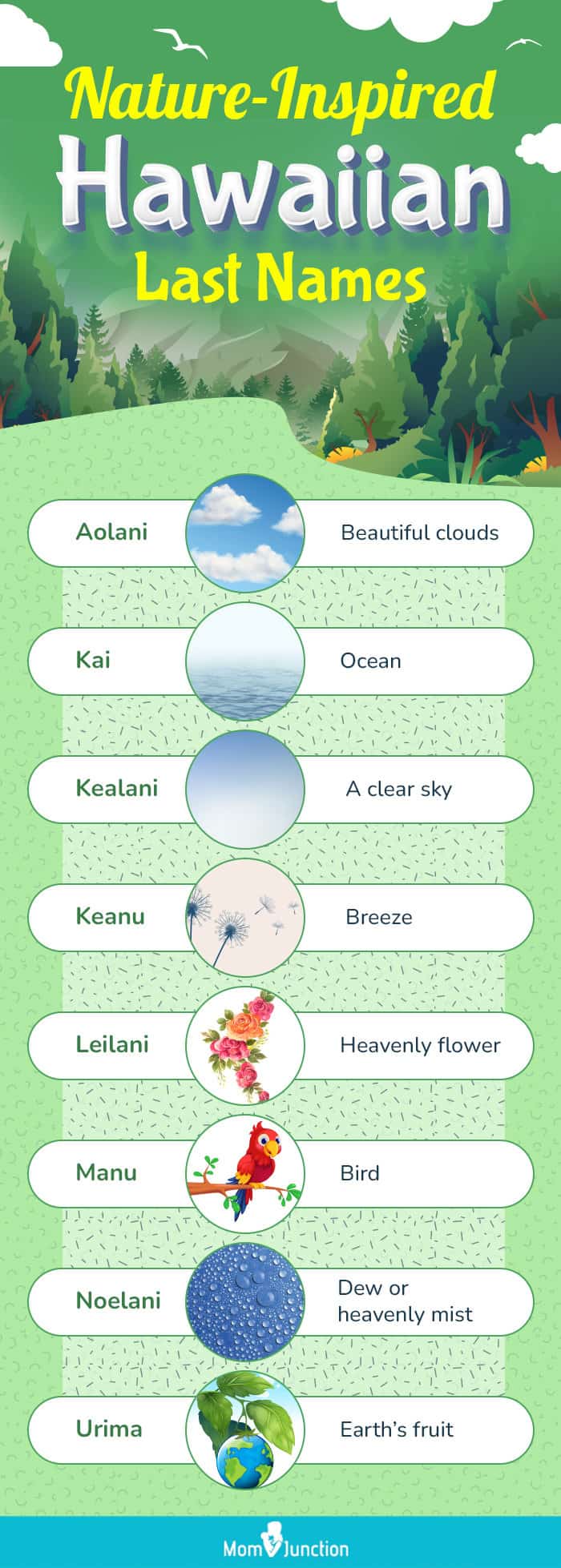An Enlightening Guide to Polynesian Male Names
Welcome, dear parents! If you’re on the quest to find the perfect name for your newborn that’s both meaningful and distinctive, you’ve sailed to the right place. Polynesian male names are not only lyrical and enchanting but also steeped in tradition and culture. So let’s dive into the warm and inviting waters of Polynesia and explore the vibrant names that might crown your little one with a strong identity!
This guide is designed to help you navigate the rich tapestry of Polynesian names and their meanings, ensuring that you choose a name that resonates well with your family’s heritage or your admiration for Polynesian culture. We’ll look into popular names, the stories behind them, and what they signify, giving you the tools to select a powerful moniker that your son can wear with pride throughout his life.
Understanding Polynesia
Before we embark on our name expedition, let’s quickly understand what constitutes Polynesia. Polynesia is a subregion of Oceania made up of over a thousand islands scattered over the central and southern Pacific Ocean. It includes various nations and territories including Samoa, Tonga, Hawaii, New Zealand (Aotearoa), Tahiti, and Easter Island (Rapa Nui). Each of these locales boasts its own dialects and cultural nuances, which are reflected in their names.
The Significance of Names in Polynesian Culture
In Polynesian culture, a name is more than just a title; it’s a bearer of mana (spiritual energy), heritage, and personal story. Names are gifted to individuals with great care and thought, often signifying one’s lineage, conveying parental expectations, or commemorating events. For instance, a boy might be named after an ancestor, or his name might be inspired by nature, gods, or ancestral deeds of valor.
Popular Polynesian Male Names and Their Meanings
Let’s start with some popular names you might have heard before:
- Afa – This lyrical Samoan name means ‘hurricane’ and might be apt for a boy you foresee with a powerful presence and spirited soul.
- Keanu – Made famous by actor Keanu Reeves, this Hawaiian name means ‘cool breeze over the mountains’ and is perfect for a serene and gentle soul.
- Tane – A Maori name meaning ‘man’ or ‘god of forests and birds,’ Tane was the god who created the first human in Maori mythology.
- Tui – A name often heard in Tonga and Samoa, Tui is a title of respect which means a ‘king’ or ‘high chief.’
- Manaia – In Maori culture, Manaia is the mythical creature known as a guardian against evil, making it a powerful protector’s name.
- Lupo – A Tongan name that means ‘wolf,’ denoting strength and leadership.
As we delve into the essence of these names, we start to see the deep connection to nature and ancestral strength that Polynesian cultures hold dear. Each name isn’t merely a word; it’s a narrative that tells the story of its bearer and his roots.
Choosing a Polynesian name requires a delicate balance of appreciation for their cultural depth and a personal connection to what they symbolize. Your son’s name is a gift that will last a lifetime, potentially shaping his identity and the way he is perceived. Thus, carefully ponder the stories each name holds and how they align with the story you wish for your child to carry forward.
Remember, the right name can be a source of strength and pride, giving your son a strong foundation in who he is, and a connection to a rich cultural tapestry that spans the Pacific Ocean.
Let’s continue to discover more about these enchanting names, their origins, and the attributes they embody. With each name, you’ll learn not just its meaning, but the vibrancy of Polynesian cultures that celebrate life, the natural world, and ancestral legacies.
Sail through this guide with an open heart, and may you find that perfect name that resonates with your son’s unique spirit and your family’s story. Happy naming!

Five Things Parents Should Know When Preparing for Polynesian Male Names
- Respect the culture: Understand that when you choose a Polynesian name, you are incorporating a piece of cultural heritage into your family. It’s important to respect and honor the traditions and meanings behind the name. Take some time to learn about the history and culture of Polynesia to ensure a genuine connection to the name you select.
- The importance of meaning: In Polynesian cultures, the meaning of a name is often as important as its sound. Polynesian names can relay tales of the land, ancestral deeds, and family hopes for the future. They can inspire traits like courage, strength, and wisdom. As you explore various options, consider what each name signifies and how it aligns with the aspirations you hold for your son.
- Consult with native speakers: If possible, speak with individuals who are native to Polynesian cultures and languages to get a better understanding of prospective names. They can provide insights into proper pronunciation, cultural connotations, and nuanced meanings that may not be immediately apparent to outsiders.
- Think about the future: While it might be tempting to choose a unique name for its novelty, remember that your son will carry this name into adulthood. Think about how the name may be received in a variety of settings, including school, the workplace, and in international contexts. A name that is both meaningful and practical ensures that your child wears it well at every stage of life.
- Embrace the identity: By giving your son a Polynesian name, you are connecting him to a lineage of warriors, navigators, and leaders. Encourage your son to embrace this identity and to learn about the part of the world his name comes from. This can help him develop a sense of pride and self-assuredness that comes with understanding his unique name and its origins.
Unearthing More Unique Polynesian Male Names
Now let’s paddle further out into the Polynesian sea of names to uncover some less commonly heard gems:
- Makoa – Hawaiian in origin, this name conveys a sense of bravery as it means ‘bold man.’ It’s an exceptional choice for a child whose parents desire him to be courageous in all walks of life.
- Tamatoa – Meaning ‘a boy warrior’ in Tahitian, this robust namesake comes with the expectation of strength and valor, fitting for your little fighter.
- Ariki – In Maori, this name suggests ‘first-born’ or ‘chief’ and is traditionally given to sons expected to lead and hold a significant status.
- Pepe – Not to be confused with its Spanish counterpart, this Polynesian name means ‘a dove’ symbolizing peace, gentleness, and spirit.
- Malu – A Samoan name which means ‘protection.’ This is a nurturing and secure-sounding name that could bless a child with a sense of safety and care.
Each of these names offers a dive into a profound pool of cultural significance, presenting narratives of courage, leadership, peace, and protection. As you consider these choices for your son, visualize the future ahead of him. With a name like these, he is sure to embark on life’s voyage with an anchor of heritage and a compass of strong values.
Naming your child is a wonderful and awe-inspiring responsibility that can be a joyful journey. We hope this guide offers the insight and inspiration you need to make a choice that’s perfect for your little one. Explore the stories, feel the history, and when the time comes, you’ll know the right name for your son, the one that will guide him through the seas of life as a beautiful reminder of who he is and where he comes from.
See more great Things to Do with Kids in New Zealand here. For more information see here
Disclaimer
The articles available via our website provide general information only and we strongly urge readers to exercise caution and conduct their own thorough research and fact-checking. The information presented should not be taken as absolute truth, and, to the maximum extent permitted by law, we will not be held liable for any inaccuracies or errors in the content. It is essential for individuals to independently verify and validate the information before making any decisions or taking any actions based on the articles.




